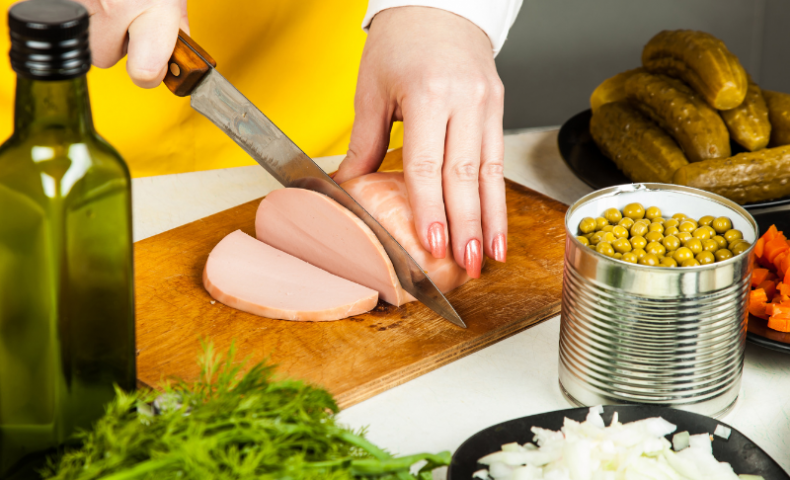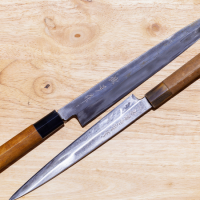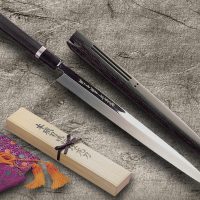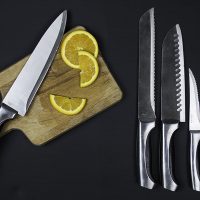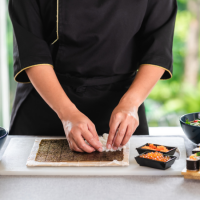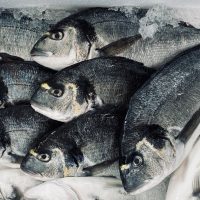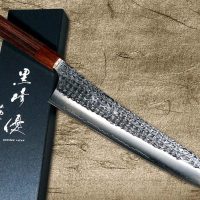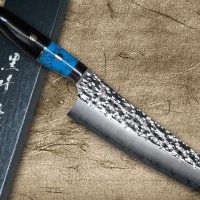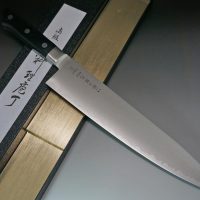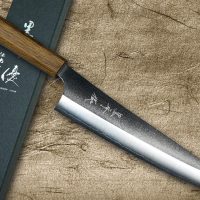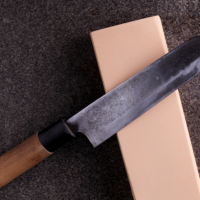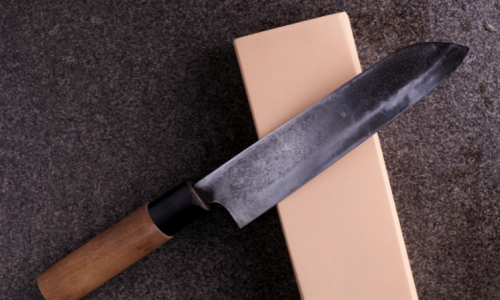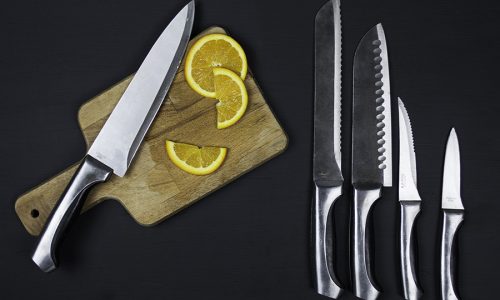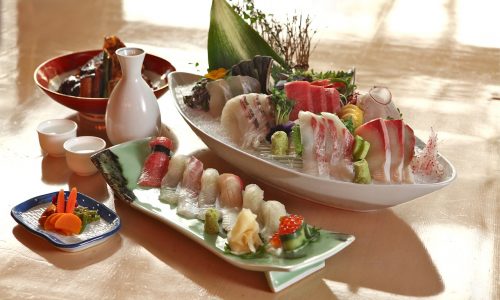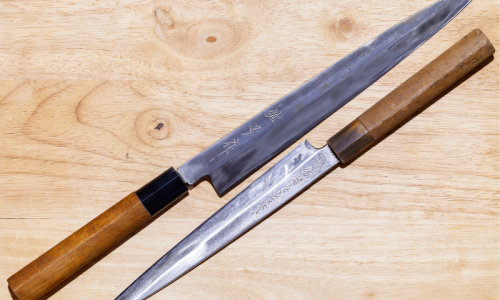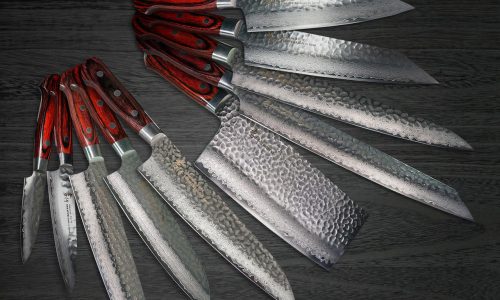Choosing the right Japanese knife may sound like a confusing task, especially for beginners. As there are a plenty of Japanese knives out there waiting to be utilized by its respectful owner who knows how to hold, utilize, and care for them, it is only right to go through a wide variety of Japanese knife types to get to know them better. Although most people know about Santoku, Gyuto, and those made especially for veggies, there are more Japanese knives that are commonly used by professionals in the culinary industry to perform various techniques in the crafting of delicate Sashimi pieces. As Japanese knives are forged to perform different techniques of swift cuts, clean slices, and perfect chops, each knife has a specific feature that makes it different from one another. Distinct features like material, handle, bevel, thickness, length, and shape are what makes each blade different.
When it comes to choosing a perfect blade companion, just the right knife to chop the veggies and slice pieces of raw fish accurately, it requires knowledge and experience. Most professionals own a variety of knife models to perform varying techniques, but there are two famous brands that remain in the hearts of Japanese chefs worldwide: Sakai Takayuki and Yu Kurosaki. Sakai Takayuki knives are known for their durability, efficiency, and the wondrous capabilities to handle all kinds of ingredients, while Yu Kurosaki is well known for its handle designs, traditional features, and uniqueness to perform all kinds of techniques to craft culinary art pieces.
Sakai Takayuki knives
From the city of Sakai, home to culinary equipment specifically Japanese knives, Sakai Takayuki is Japan’s top-tier knife brand that forges hundreds and thousands of fine quality knives, providing all the support chefs and professionals need to perform the skills learned and practiced. Sakai Takayuki knives had its origin from the city of Sakai, where blacksmiths live and fulfill their honorable duties as blade forgers. Only blacksmiths with passionate desires to reach their ambitions and goals in the making of quality blades are to stay. Sakai Takayuki knives are forged with different kinds of steel, ranging from the Yasugi, Damascus, Kasumitogi, to the White Paper Shiroko steel, Sakai Takayuki ensures professionals high quality blades. To cut, slice, or chop confidently, Sakai Takayuki is indeed among one of the best knife brands to look out for.
Yu Kurosaki knives
Although Sakai Takayuki is known for its efficiency, blade material, and the outstanding capabilities to perform various techniques required to make sushi or Nigiri pieces with confidence, Yu Kurosaki is among Japan’s top quality knives – definitely among the must-haves for its amazing quality handles, materials, and unique designs. Yu Kurosaki is a famous blacksmith who forges original blades with uniqueness adapted from the Japanese traditional foundations. Yu Kurosaki cutlery knives, specifically Santoku and Gyuto, are extremely sharp – which is a benefit to all users. Extreme sharpness is Yu Kurosaki’s strength that allows professionals to cut through all kinds of ingredients with just a few chops and slices, without a need to exert an overwhelming amount of force into each and every cut. With unique handle materials like Cherry wood, Ebony, Padoauk, Walnut, and Turquoise, each and every Yu Kurosaki knife model is indeed worth having in collection.
These two knife brands top the world charts for efficiency, high performance, durability, high endurance, rust resistance, and unique designs. Knife models made by these two brands are known to be widely used by Japanese chefs and professionals to make delicate sashimi pieces and are often utilized to their maximum potential at Omakase restaurants, performing swift chops and perfect slices.

